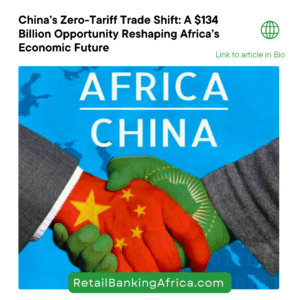In a world where technology often feels cold and transactional, Babatunde Esanju stands out for building systems that merge logic with empathy. A Senior Software Engineer and open-source contributor, Babatunde has spent nearly a decade shaping products across FinTech, LegalTech, CareTech, and EdTech, designing software that makes digital systems not just work—but care.
Currently leading engineering at TixTrack and Caresyntra in the UK, he builds platforms that power accessibility, compliance, and care innovation. From digitizing SME loans at the Lagos State Employment Trust Fund to creating Wyrr and GenCapita, cross-border payment systems that help Africans send money and invest globally, his journey tells a story of purpose-driven innovation.
Explaining his craft, Babatunde says he “builds invisible bridges that help people and computers understand each other.” Whether it’s ensuring smooth payments, enabling nurses to receive patient alerts, or letting fans buy tickets seamlessly, his goal is the same—making trust programmable.
One of his most intense moments came during a live rollout at TixTrack, where a reporting API crashed minutes before deployment. Diagnosing the problem under pressure, he stabilized the system—an experience that later inspired his open-source Tableau SDK for .NET, helping developers integrate analytics faster. For him, even crises are catalysts for innovation.
What surprised him most, though, was CareTech—an industry that humanized his understanding of engineering. “In CareTech, success isn’t measured by scale; it’s measured by compassion,” he says. Through Caresyntra, he’s seen how AI and automation can restore dignity to caregivers and patients, proving that technology can be deeply human.
His guiding obsession is embedding trust, transparency, and accountability into every line of code. “The biggest barrier to adoption isn’t lack of features—it’s lack of confidence,” he says. His vision is to build systems where ethics are part of the architecture, not an afterthought.
When asked what he’d automate, his answer is strikingly empathetic: emergency response for people with disabilities. He envisions devices that detect distress and instantly connect people in crisis to help nearby—technology that saves not just time, but lives.
For Babatunde, coding is storytelling, and every product is a narrative of trust, resilience, and impact. “Africa’s developers,” he says, “are proving that innovation doesn’t need perfect conditions—it just needs purpose.”










